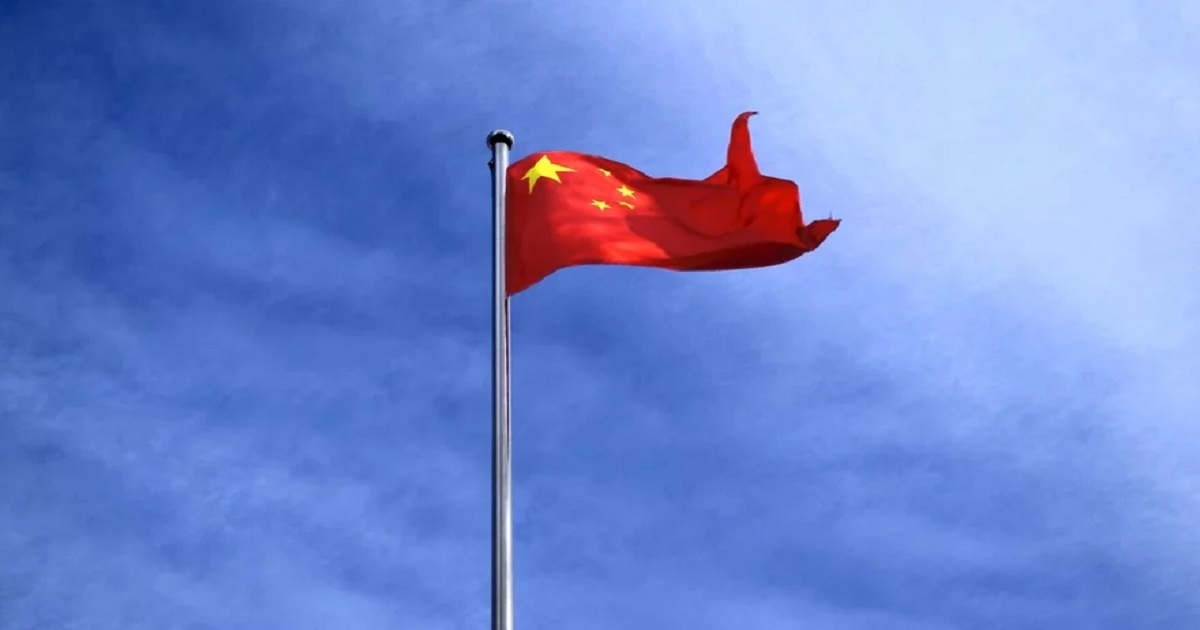China's driving sales growth ahead of the U.S. for Big Pharma. But can it last?
fiercepharma | May 28, 2019

If you follow Big Pharma companies’ investor updates, you’ll notice China popping up frequently these days. The world’s second-largest pharmaceutical market has been turning up sales increases that continuously surpass those in the U.S. and other developed regions. In the first quarter, emerging markets growth averaged 13.3% among the Big Pharmas followed by Wolfe Pharma analysts, including AstraZeneca, Eli Lilly, Pfizer, Roche, Sanofi, Merck & Co. and GlaxoSmithKline. And in China, that number was 29% versus 8.2% in the U.S. a growth rate that has been ticking upward since the start of 2017, Wolfe’s Tim Anderson noted in a Thursday report.Now that China's increasingly important to Big Pharma, investors are naturally tracking it closely and they wonder just how long that kind of growth can last. For good reason, too; though all of those top companies see big opportunities in China, at least four of them warn growth could be uneven in the quarters ahead. Merck’s China business grew most in Q1, at 58%, but AstraZeneca’s 28% hike is perhaps “the most meaningful” because of its sheer presence in the country. China chipped in 23% of the company's first-quarter sales, several times higher than the industry average, Anderson noted. For Merck, the driving force is HPV vaccine Gardasil and immuno-oncology star Keytruda, which recently launched in the country. There's some debate about the market for Merck’s PD-1 king in China, what with several heavily discounted domestic rivals and a high rate of lung cancer mutations, which put more patients in line for targeted therapies. But Keytruda’s “wall of data,” along with its first-mover advantage in previously untreated lung cancer, could help it do well, chief commercial officer Frank Clyburn argued on the company’s April earnings call.